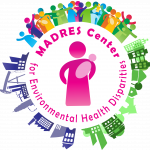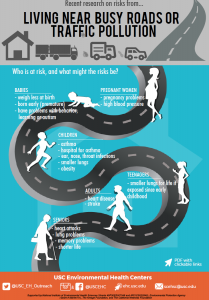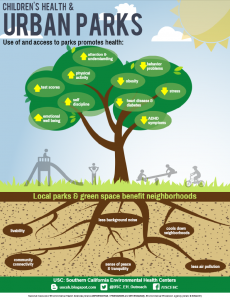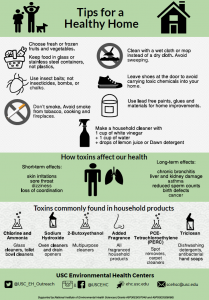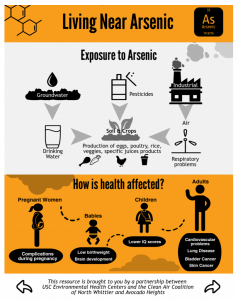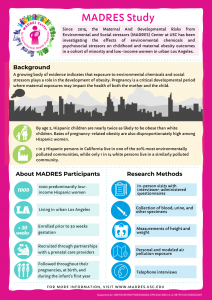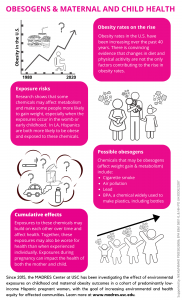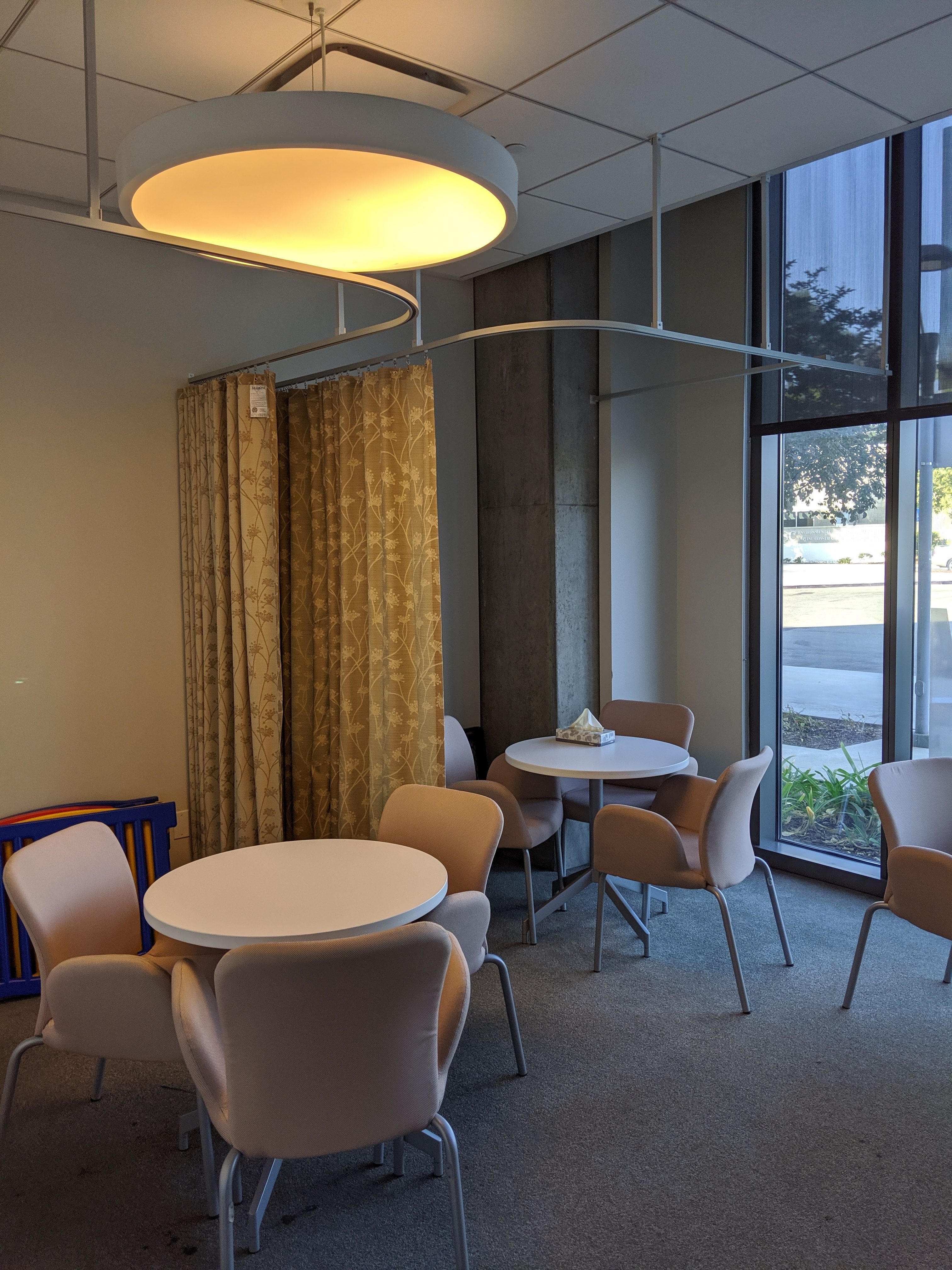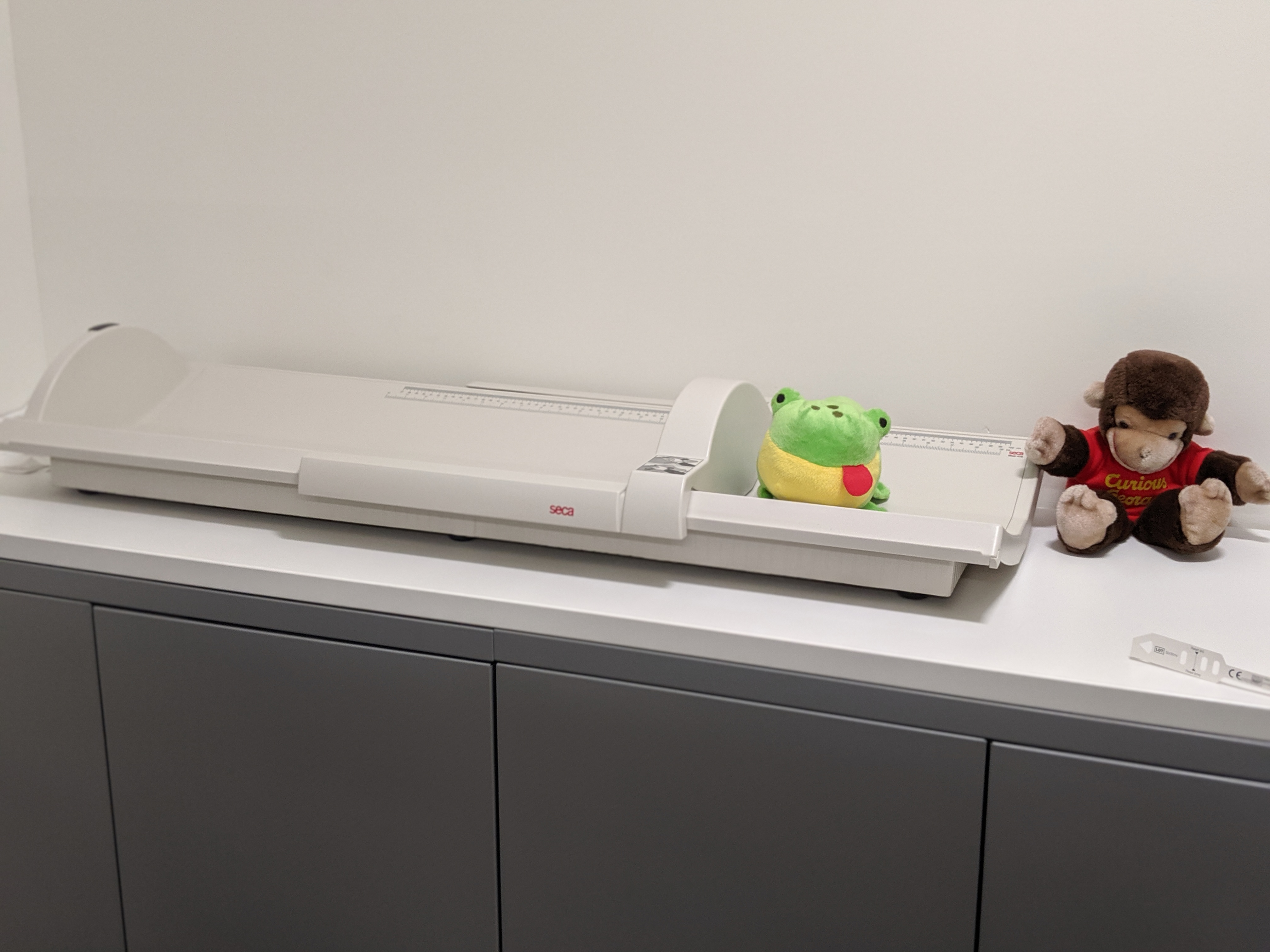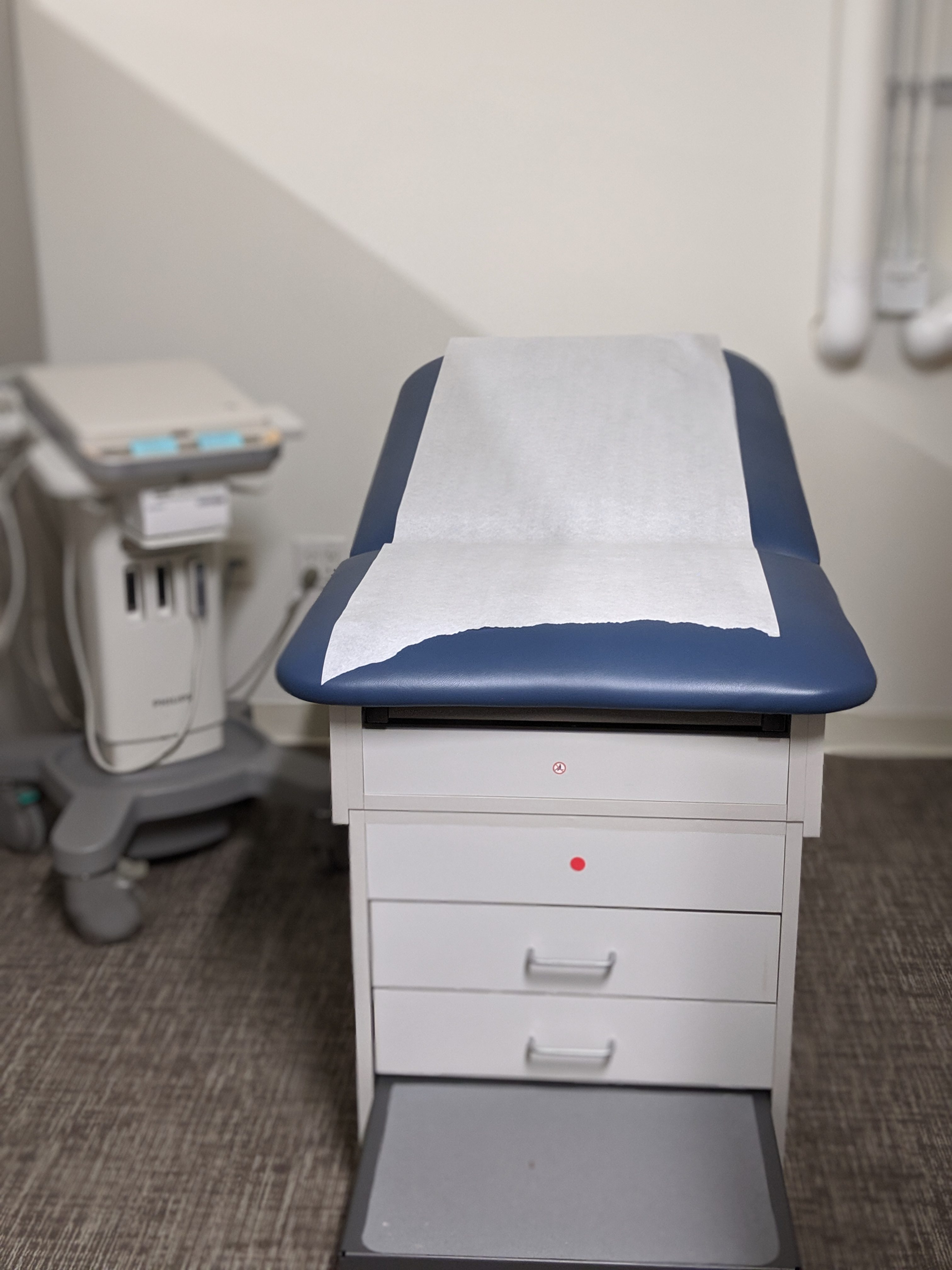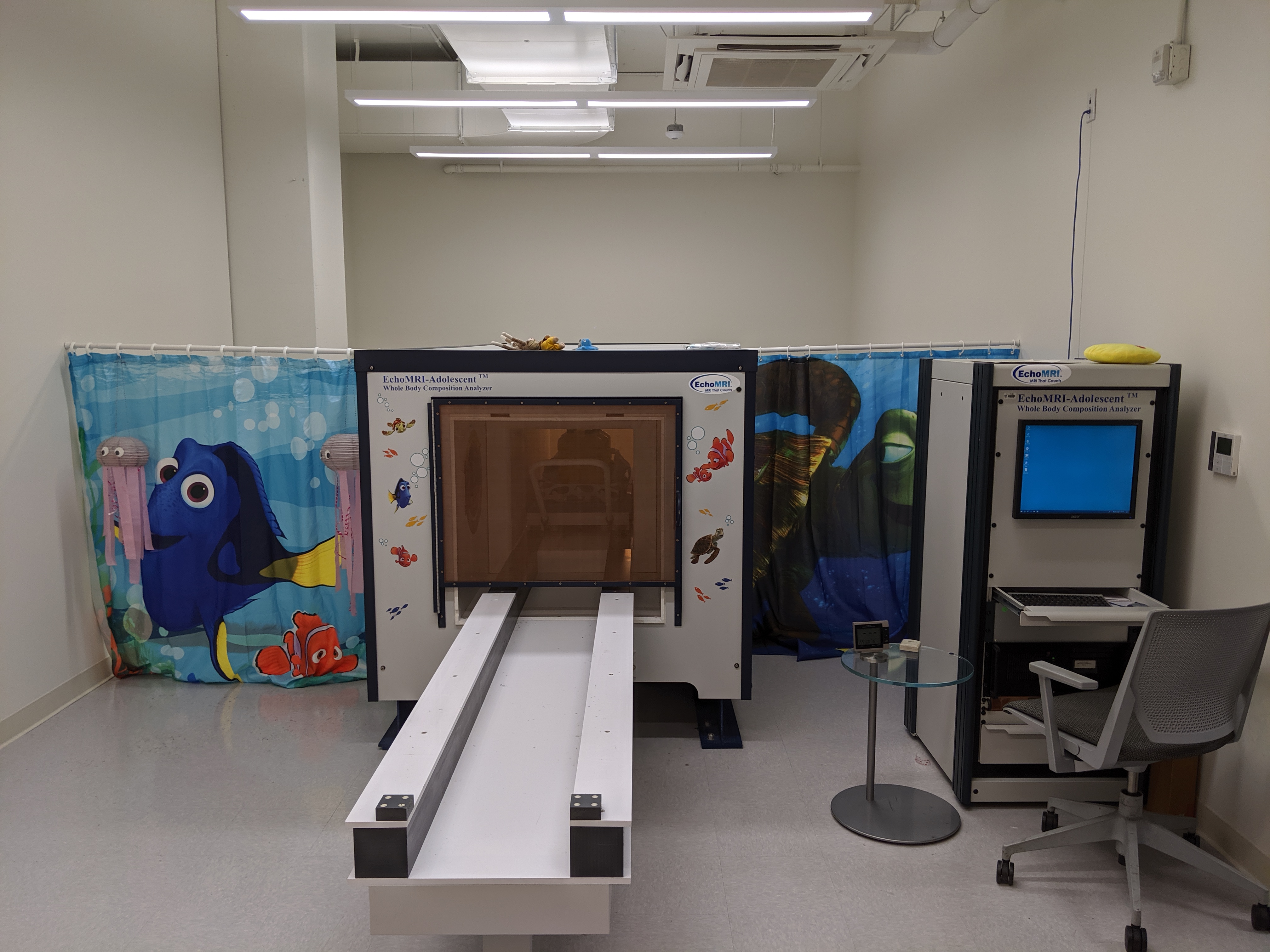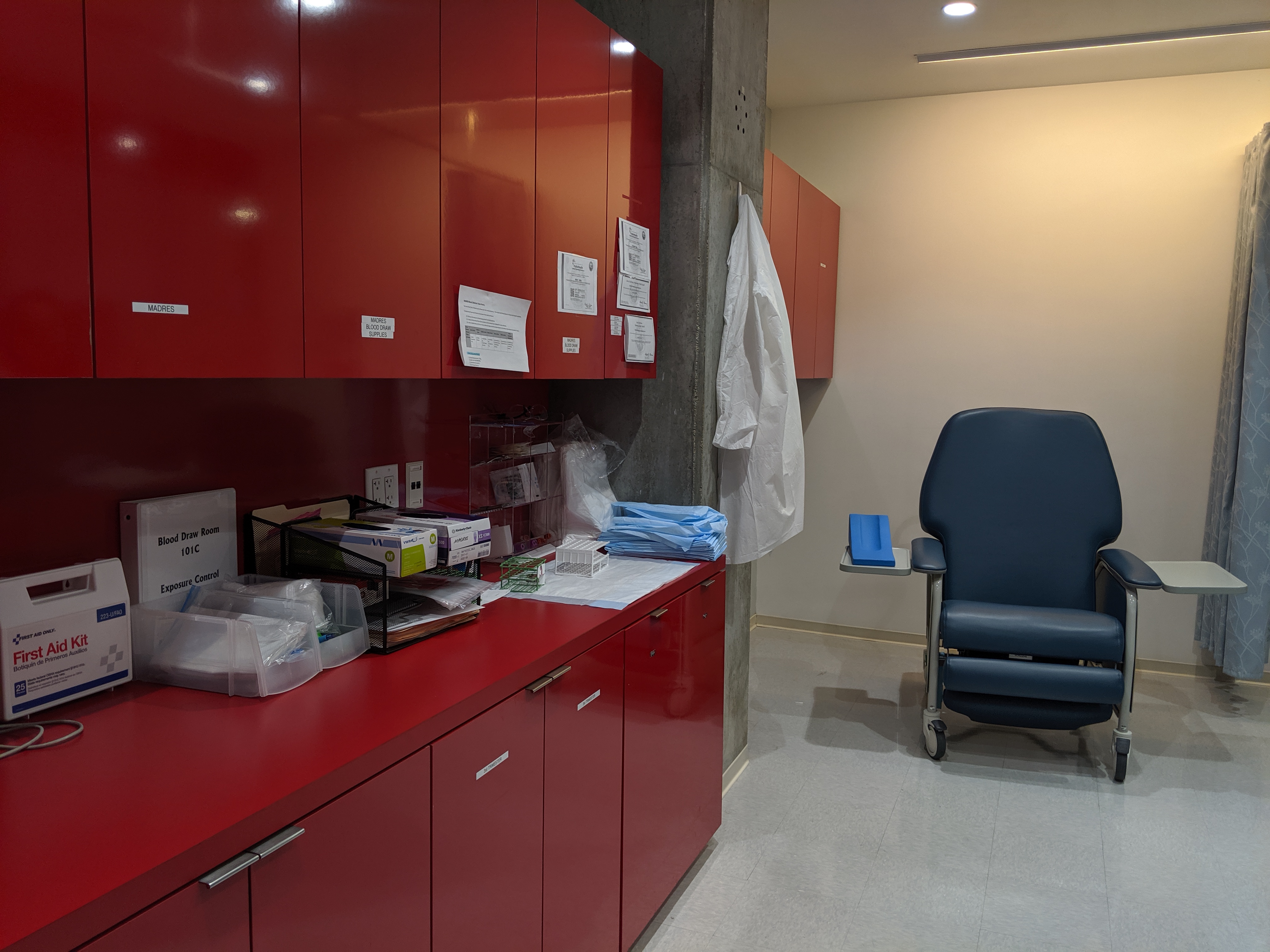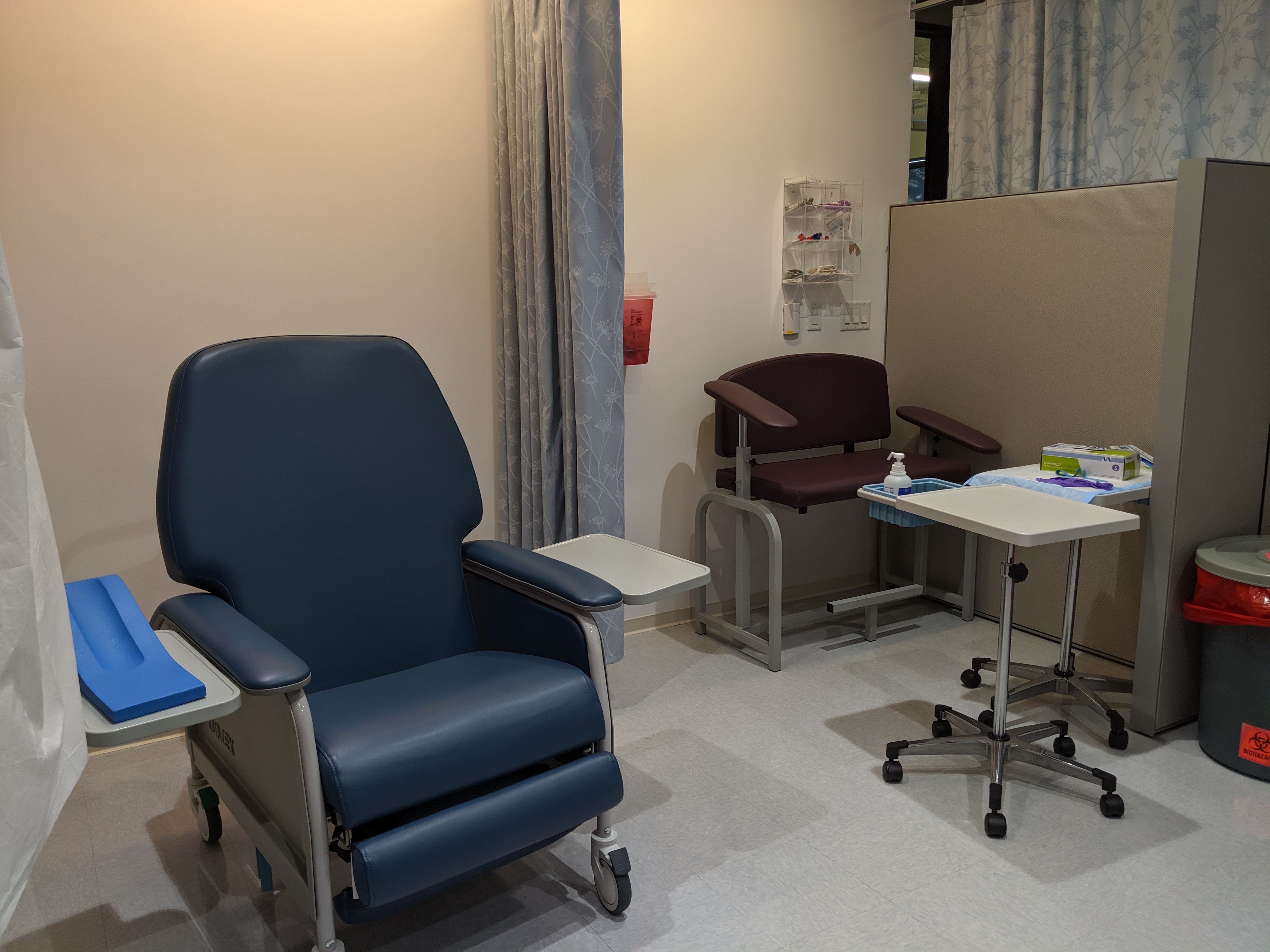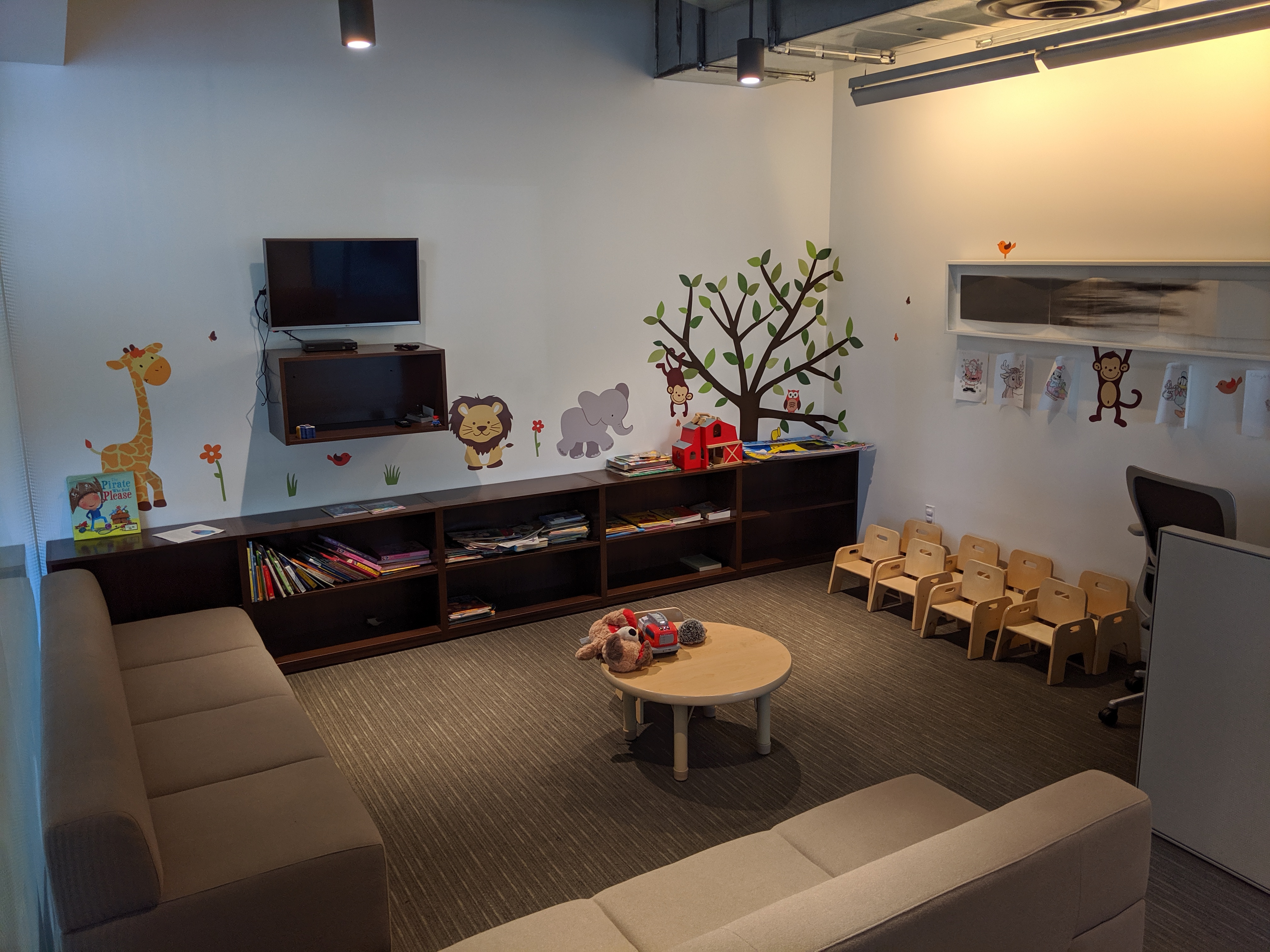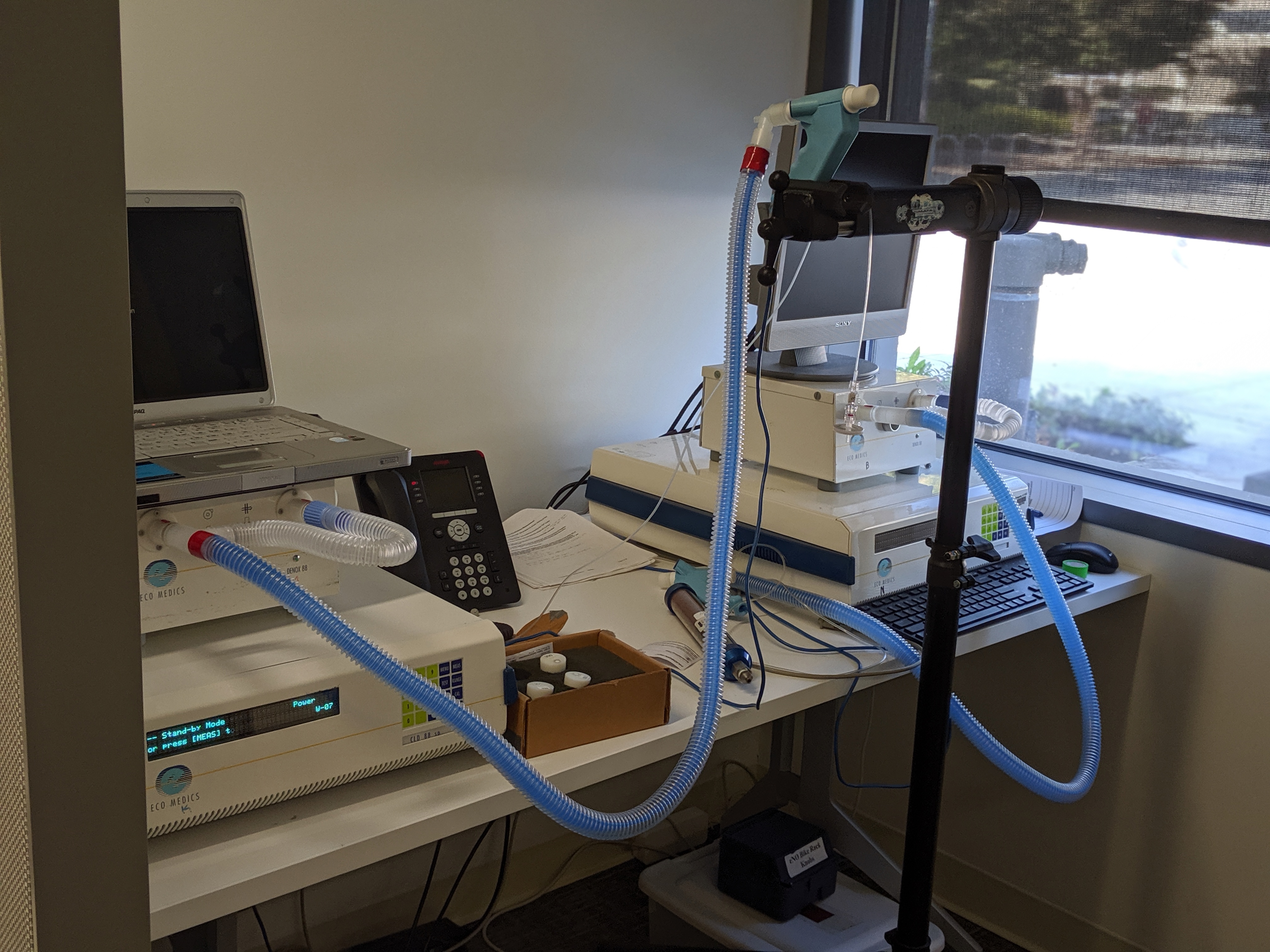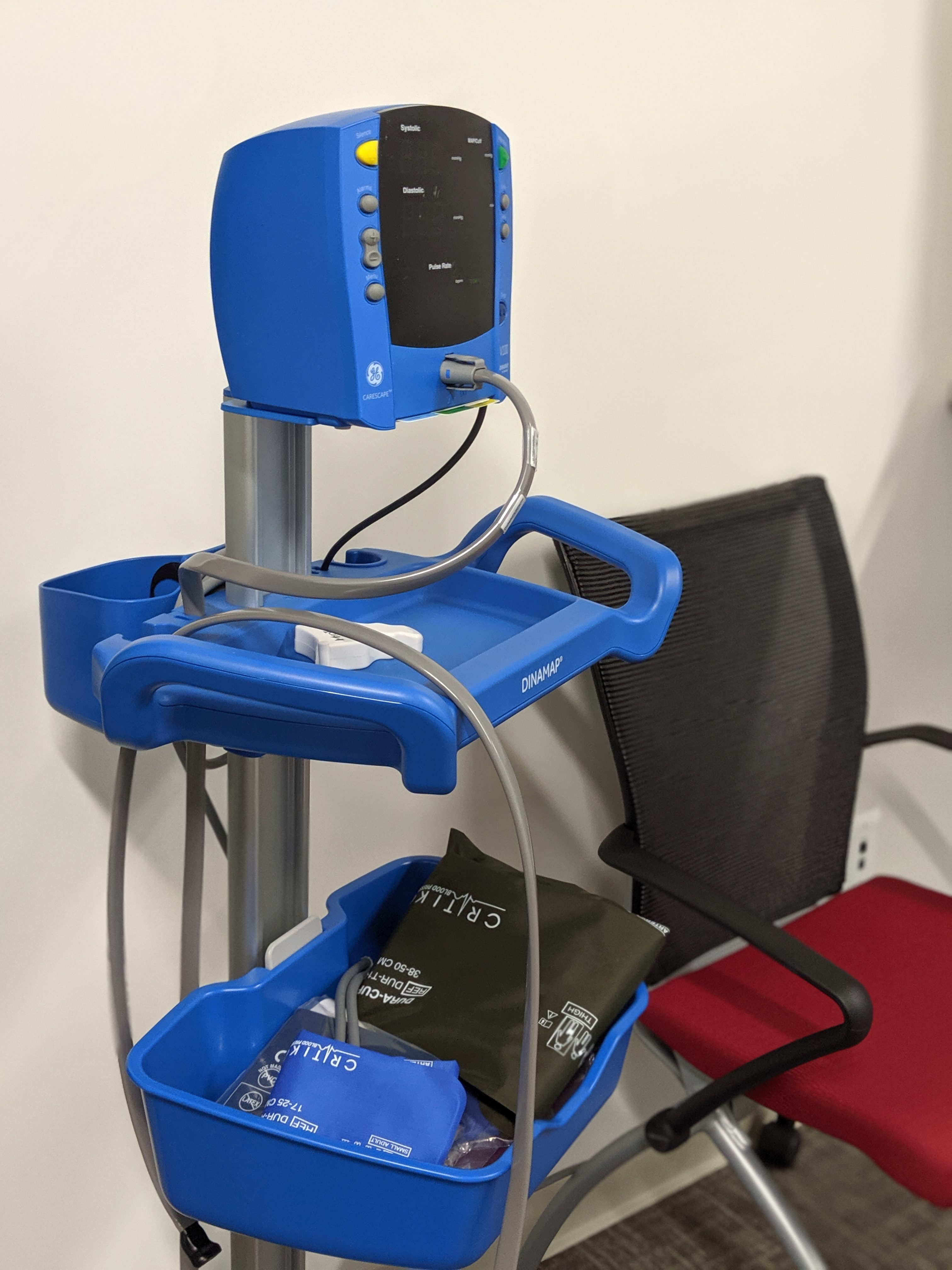COMMUNITY ENGAGEMENT
The MADRES Community Engagement & Dissemination Core (CEDC) serves as a bridge between the MADRES Center and community stakeholders through both the dissemination of research findings back to the community and the incorporation of community knowledge into research priorities. The CEDC seeks to improve environmental health literacy among parents and youth from health disparity populations in urban Los Angeles, with a focus on environmental health effects on pregnant women and young children. The CEDC partners with community organizations, community health workers (promotoras), and key health care centers in disproportionately impacted communities to conduct workshops and trainings on health effects of environmental contaminants. The CEDC also develops culturally-appropriate and easy-to-understand infographics to reach a wide range of stakeholders. From 2016-2019, the CEDC team conducted over 60 workshops, reaching over 2,800 people. Watch this video to learn more about the CEDC’s workshops and how local interns from the MADRES Eagles-RISE program are involved in disseminating information back to their communities.
Bilingual Workshops
- Clean Air, Healthy Communities: Air Pollution and Monitoring
- Cleaning Products, Hidden Toxins, and Our Health
- Personal Care Products, Hidden Toxins, and Our Health
- Train the Trainers: Cleaning Products, Hidden Toxins, and Our Health
- Train the Trainers: Personal Care, Hidden Toxins, and Our Health
Community Partners
- Esperanza Community Housing Corporation
- First 5 LA
- LA Grit Media
- Legacy L.A.
- Leslie and William McMorrow Neighborhood Academic Initiative (NAI) at USC
- Physicians for Social Responsibility – LA
- Promesa Boyle Heights
- South Central Los Angeles Project to Understand Air Pollution Sources and Health Impacts (SCLA-PUSH) Initiative
- The Wellness Center
Learn More
Check out the USC Environmental Health Centers website for current events and new research.
Follow us on social media:
Twitter: @madrescenter
Instagram: @USCEHC
Facebook: @USCEHC
